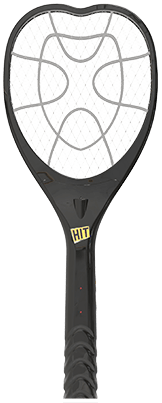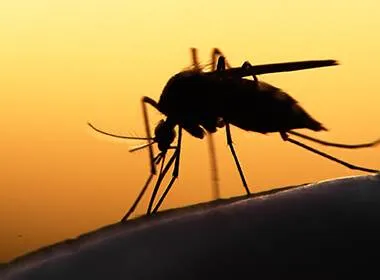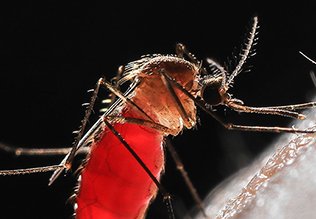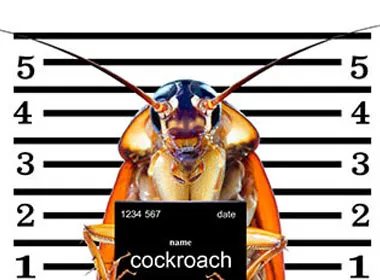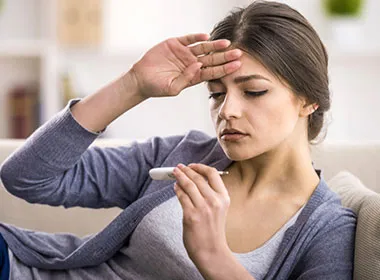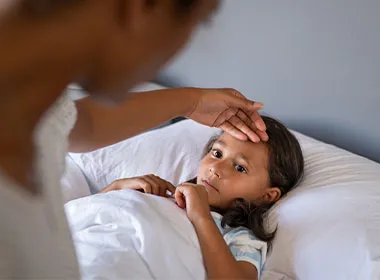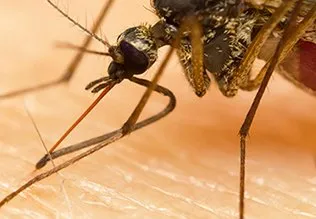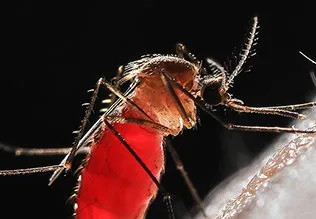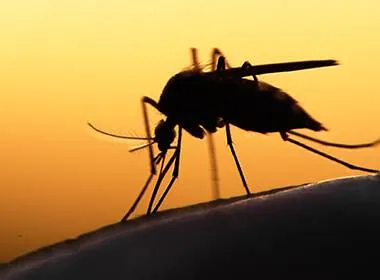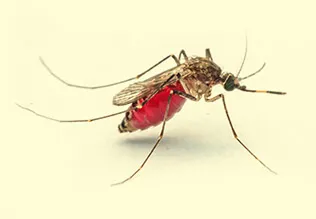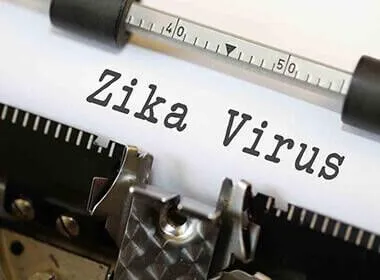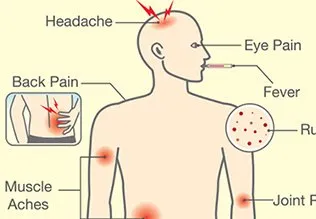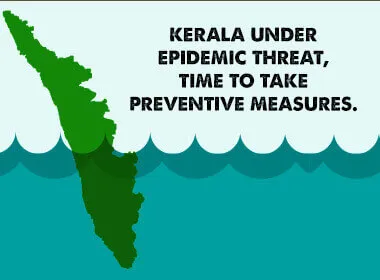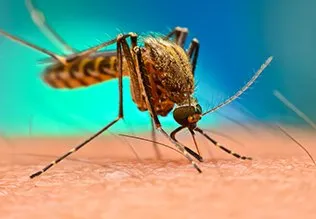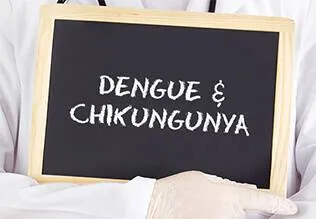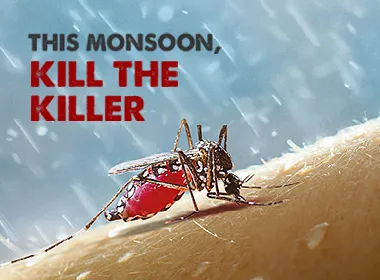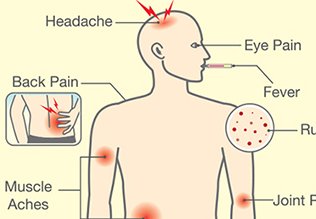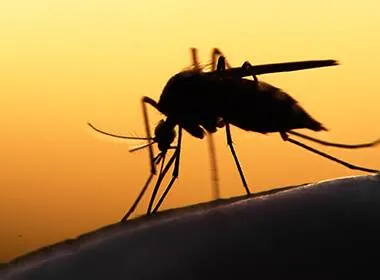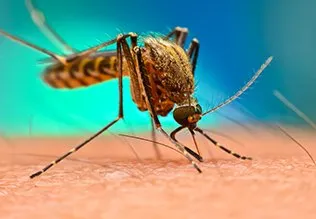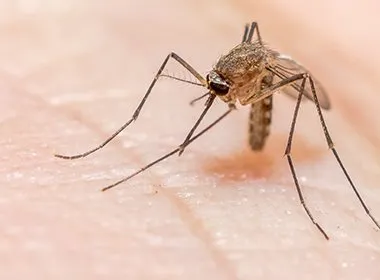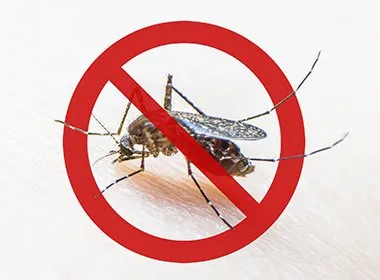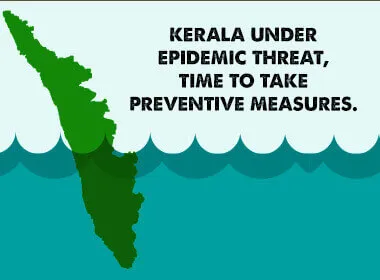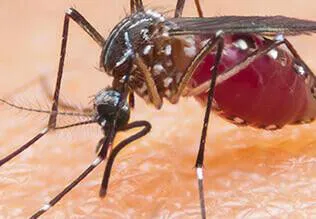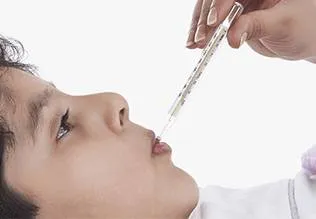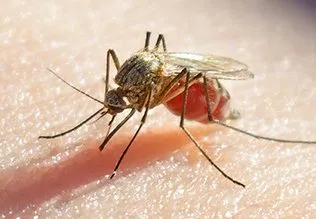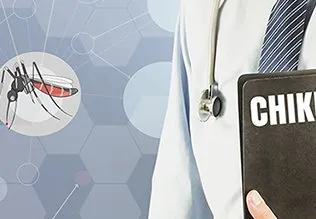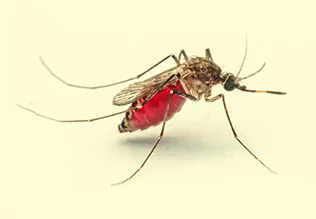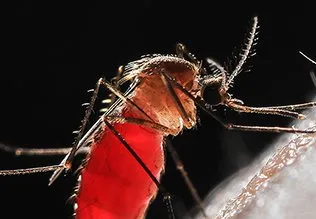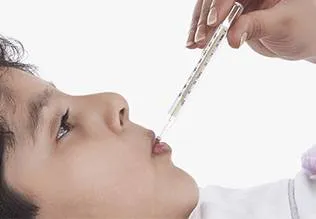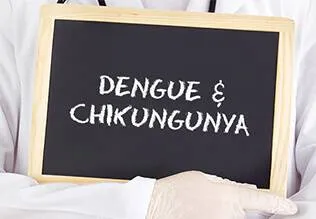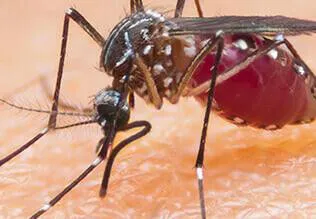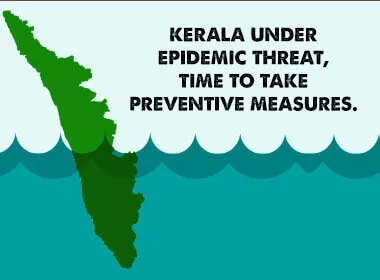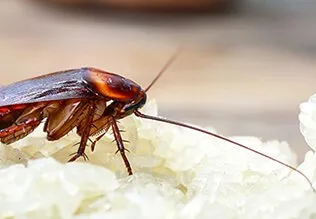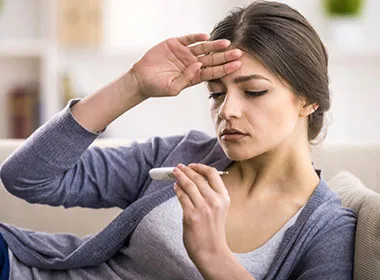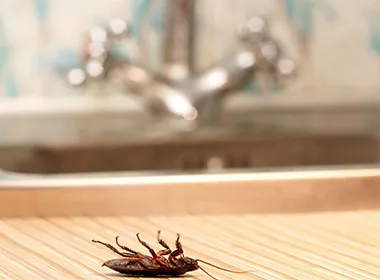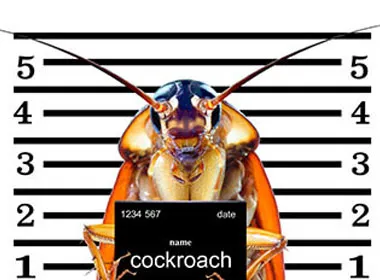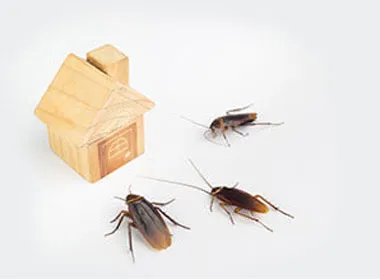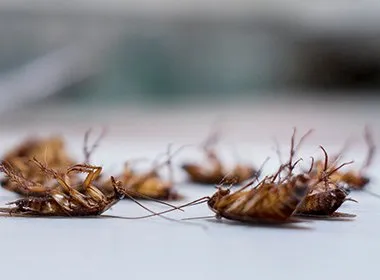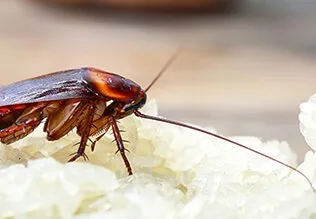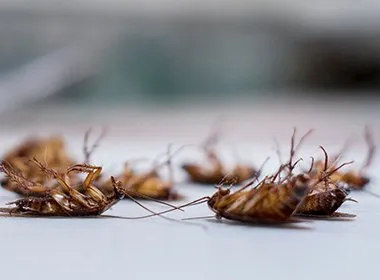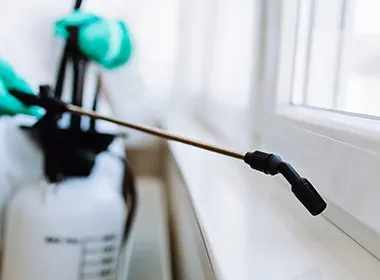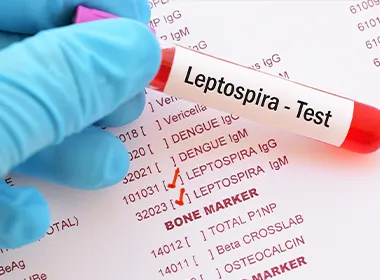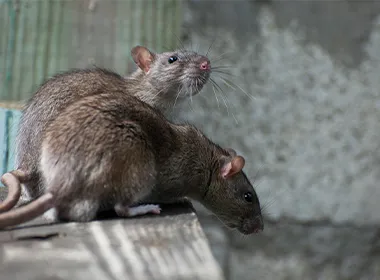Lessons I Learnt From My Experience With The Dreadful Dengue Fever
Dengue. That word still has the ability to send shivers down my spine. It was something that I had read about in the newspapers, heard about on TV shows, but never thought that it would hit me. I still have vivid memories of my encounter with the dreadful dengue fever.
It was a regular morning and I woke up to make myself a cup of coffee. I felt out of sorts. Just as I got down to prepare breakfast I felt a bit sluggish. Dismissing it as tiredness caused due to a newly started exercise regime was where I went wrong. Once I was done with the regular chores, I decided to sleep for a while, hoping to feel better, but instead woke up with a mild pain behind my forehead and eyes. Things started going downhill from that very point. I also had a dry cough and sore throat which immediately made me think I had Covid. Within a few hours I had really high fever and the mere thought of having contracted Covid was giving me nightmares. Not once did it strike me that it could be something else.
On visiting the doctor, seeing my inflamed throat, he advised me to go for a Covid test, as well as a dengue fever test. Within 24 hours my dengue fever test came back positive and strangely I felt relieved. Thankfully the Corona test also came negative.
While in the case of dengue fever, the virus is transmitted by the bite of an infected mosquito, Covid has been found to pass through respiratory droplets, which meant I would have to isolate myself from the entire family or it would spread to them as well. Also the fact that the day before my symptoms had made an appearance, I had shared a sandwich with my 6 year old son, made me really hope harder that it was not Covid.
The next few days went by with me experiencing intense fever accompanied with one of the worst headaches I had ever had in my life. I was battling severe aches and pains, constant nausea, was not able sit or stand or for that matter do anything.With literally no appetite and dehydration making things worse, I was hospitalised and put on a drip for the next four days.I was put on a liquid diet and my husband would whip up a delicious vegetable soup, which was the only thing that appealed to my inactive taste buds. I was also given a terribly bitter papaya leaf juice, a home remedy, known to be highly effective in beating the dengue fever.
By the seventh day, the effects of dengue fever had started receding. A final blood test indicated a rise in my platelet count and I was discharged from the hospital. After my recovery, I was told by a relative that my dengue attack was not a very severe one. She knew of someone whose platelet count haddropped to 5000 whereas my condition had begun improving soon and my platelet had gone only as low as 15000.
Dengue fever has the ability to affect everyone differently. But it is definitely not a disease one would want to get, considering the enormous physical, mental and emotional toll it can take on you.
The recovery period after dengue fever can be quite long drawn. For adults it can take from weeks to months to feel normal. I was drained of all my energy and even the slightest exertion would render me breathless. My little boy would look at me with his little eyes brimming with worry and concern, seeing me listless and tired most of the time. Thankfully for me, I was up and about on my feet within 4 weeks.
The collective focus on Corona has somehow made us forget about how debilitating and life threatening dengue fever can be. This has become worse with more people staying at home leading to less frequent checks of mosquito breeding sites, increasing the likelihood of getting bitten by the female Aedes mosquito, the carrier of dengue virus.
What is Dengue fever?
Dengue is basically a viral infection with flu like symptoms and it is caused by a mosquito bite. Dengue fever is transmitted through the bite of an Aedes mosquito infected with the dengue virus. It is generally caused by mosquitoes in tropical areas.
Dengue Causes and Symptoms
The infected mosquito deposits the virus on the skin through its saliva while it feeds on us. The virus soon finds its way in to the bloodstream and this phenomenon is called Viraemia. This is exactly what makes this virus so dangerous, as once it begins circulating in the blood, it has access to pretty much any part of the body and can in turn cause potential damage. The body has a tough battle ahead as the infection is widespread and could even prove to be fatal in severe cases.
When an Aedes mosquito bites a person who has already been infected with the dengue virus, the mosquito automatically becomes a carrier of the virus. If this mosquito then goes on to bite someone else, the person gets infected by the dengue fever.This virus however cannot spread directly from person to person.
Symptoms of Dengue
For the uninitiated, the symptoms of dengue fever could include a high fever of 104 degrees accompanied with any of the two:-
- Headache
- Muscle Bone and Joint Pain
- Vomiting
- Nausea
- Pain behind the eyes
- Swollen glands
- Rash over the body that can disappear and then reappear
While most people recover within a week or two, in some rare cases, the dengue fever can lead to a severe form of the disease called as Dengue Haemorrhagic Fever or DHF. This form of dengue can be life threatening and needs to be treated immediately.
In such cases the blood vessels get damaged, causing a drop in platelet(clot forming cells) count. Symptoms can include:-
- Persistent Vomiting
- Bleeding from your nose or gums
- Blood in your urine stools or vomit
- Difficulty in breathing
- Fatigue or extreme weakness
- Cold or clammy skin
- Irritability or restlessness
- Bleeding under the skin which could appear like bruising
- Severe Abdominal Pain
Generally, the presence of fever, rash and headache often referred to as the dengue triad are characteristic of dengue.
Another name for dengue fever is also dandy fever or break bone fever owing to the severe bone and muscle pain it can cause. Often the pain can be so bad that it can feel equivalent to bones breaking.
Diagnosis and treatment of dengue fever
The symptoms of dengue fever can be observed from 4 days to 2 weeks post being bitten by an infected mosquito, and generally lasts for about 2 to 7 days. Often the period after the fever begins to subside is crucial for those people with DHF (dengue haemorrhagic fever). Severe bleeding, gastrointestinal problems like nausea, vomiting or severe abdominal pain, and respiratory problems like difficulty in breathing are experienced. Also, a drop in blood pressure, dehydration and heavy bleeding can happen if DHF goes untreated. These symptoms are life-threatening and need immediate medical attention.
How is dengue fever diagnosed?
If you think you are exhibiting any of the above symptoms and you suspect you have dengue fever, then please contact your doctor right away. To make a diagnosis, the doctor will physically examine you and evaluate the symptoms. Do inform your doctor if you have been to a region recently that had dengue fever and have a fever or severe headache. The doctor will send a blood sample to the diagnostic lab for testing, which will help in confirming whether you have dengue fever or not.
Treatment of Dengue fever
Currently, there is no specific treatment for dengue fever. However, in most cases, dengue fever goes away within a few days to a month. There are a couple of ways in which you can reduce the discomfort caused by dengue fever and speed up your recovery from this illness.
Hydration
Keeping yourself hydrated is key to dengue treatment. Due to nausea, vomiting and other internal body processes, loss of fluids is inevitable and there is a risk of dehydration. Hence consuming fluids is critical. According to WHO, at least 5 glasses of ORS, milk, fruit juice, barley water, rice water, lemonade or coconut water should be consumed to maintain electrolyte balance, which plain water alone cannot provide.
Rest
Dengue fever has the ability to knock out the best of us, and the least we can do is to give our body enough rest. Sleep is essential for your recovery. Getting rest and plenty of sleep will aid in destroying the virus faster.
Medicine
Pain relievers like acetaminophen may be prescribed if you are experiencing unbearable muscle and joint aches associated with dengue fever. Also, pain relievers like aspirin or ibuprofen should be avoided, as they can make bleeding happen. To treat severe cases of dengue fever, doctors will give intravenous fluids and electrolytes to replace fluids lost through vomiting or diarrhoea. If administered on time, this is sufficient to treat the disease in severe cases of dengue fever. However, in some advanced cases, a blood transfusion may be needed.
Home Remedies
There are a number of home remedies that can help improve your platelet count and immunity. Giloy and guava juice to build immunity, papaya leaf juice to increase platelet count, are some ways in which you can fight dengue fever effectively.
Diet
Loss of taste and appetite will make you want to turn down every food that comes your way, but you have to still eat. Including generous amounts of immunity building foods in your diet, like citrus fruits, almonds, turmeric, garlic etc. will help in strengthening your immunity and aid in quick recovery. Home-cooked warm meals that are light on your stomach like khichdi, soup, porridge etc. are nourishing as well as hydrating.
Dengue Prevention Tips
As there are no vaccinations to prevent dengue fever, efforts must be made to keep yourself away from mosquito bites as this will help in preventing the spread of dengue fever to others.
Prevention is better than cure when it comes to dengue fever and there are several ways in which you can protect yourself and your family from this illness. Some of the precautions for dengue virus are:-
Ensure you and all family members are wearing long sleeved shirts, long pants, shoes and socks, whenever you step outside the house. Limit outdoor activities especially in the hours around dawn and dusk when mosquitoes are most active.
Use screen meshes on door frames and windows to keep mosquitoes out without compromising on the ventilation aspect. Also, fix any tears in the mesh or broken and damaged screens as mosquitoes can make their way into your house even through the smallest possible opening. All unscreened windows and doors must be kept closed.
Don’t give mosquitoes places to breed in. They lay their eggs in stagnant water, so get rid of any sources of standing water like containers, mugs, basins, pots, buckets, including draining sinks and bathtubs too. Ensure that the water is removed or covered.
Even one mosquito is enough to cause dengue fever. Hence we should ensure that all are killed without even leaving one behind.To keep your family protected, use a mosquito killer like Kala HIT. Kala HIT kills mosquitoes and prevents the spread of dangerous diseases like Dengue, Chikungunya, Malaria etc. that hide in the corners of the house. It is also available in lime fragrance, known as Kala HIT Lime.
Mosquitoes are found in almost every part of the world and the only thing they need is water to breed. Hence, controlling the mosquito population becomes very difficult and at times even the preventive measures may have little effect. The key here is to use a mosquito killer like Kala HIT. Kala HIT kills mosquitoes instantly by reaching even the deepest corners of your house.
In order to eliminate all the mosquitoes in your house, you need to first identify the various areas where they tend to hide. They can be found behind the curtains, under the sofa, under the TV cabinet, under the wardrobe, under the bed, under the sink and even inside cupboards.
By spraying Kala HIT every day at around 6 pm in the evening, you can mosquito-proof your house effectively. The Kala HIT lime will help eliminate mosquitoes while spreading a pleasant lime fragrance.
Mosquitoes have learnt to survive around human beings. Being aware of this disease and taking the above precautionary measures is essential to fighting this disease.
Tips and tricks to make your home pest-free!






